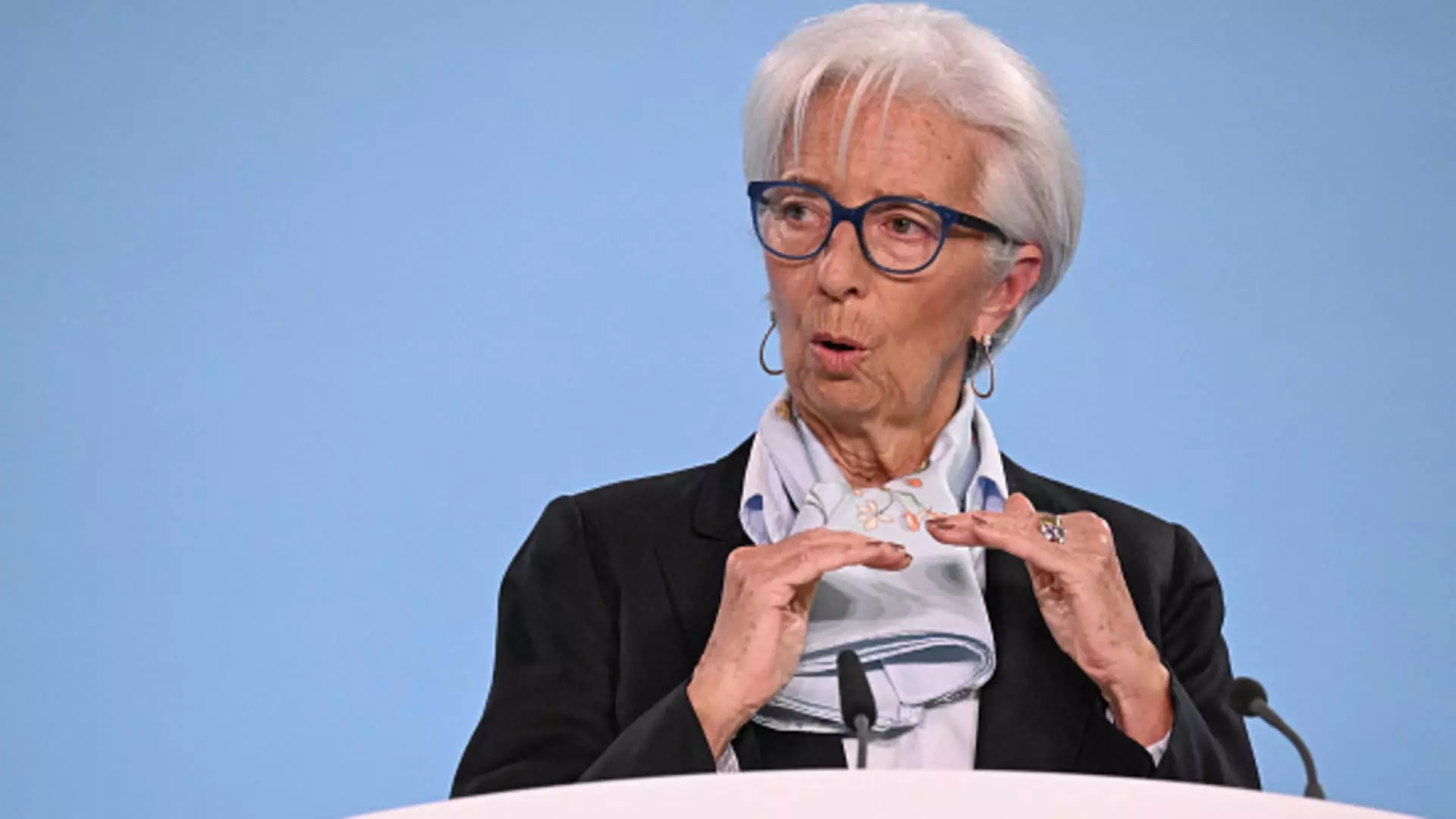The European Central Bank’s (ECB) potential divergence from the Federal Reserve in terms of interest rate cuts could have a significant impact on the credit demand in the euro zone. While the ECB is considering reducing interest rates, the Federal Reserve has chosen to maintain its rates steady. This difference in monetary policies may lead to a scenario where businesses in countries like Germany, France, and Spain may not be inclined to increase credit uptake. Daniel Lacalle, chief economist at Tressis Gestion, believes that a minor rate cut by the ECB may not necessarily stimulate credit demand. Instead, he argues that credit demand is driven by economic and investment opportunities, which may be restricted by regulatory policies and the energy policy within the euro area.
One of the concerns raised by Lacalle is the potential impact of ECB rate cuts on the strength of the euro. If the euro weakens as a result of ECB’s decision to cut rates before the Federal Reserve, it could lead to an increase in the import bill of the euro zone. This, in turn, could make it more challenging for the euro area to achieve sustainable economic growth. Lacalle emphasizes that cutting rates may not necessarily spur economic activity if there are underlying structural constraints within the economy, such as regulatory hurdles and policy inefficiencies.
ECB’s Position and Economic Outlook
Despite the concerns raised by economists like Lacalle, ECB President Christine Lagarde has indicated that the central bank is still committed to cutting interest rates in the near future. Lagarde believes that a moderate monetary policy is necessary to address disinflationary pressures and support economic growth. Recent data shows that inflation in the euro area remained stable at 2.4% in April, while GDP exhibited modest growth in the first quarter of the year. However, the revised GDP figures for the previous quarter suggest that the euro zone experienced a technical recession in the second half of the preceding year.
Lacalle challenges the prevailing narrative that high interest rates in Europe are solely responsible for the region’s economic slowdown. Instead, he points to other factors such as the euro zone’s energy policy, regulatory constraints, and agricultural policies as significant contributors to the economic downturn. According to Lacalle, addressing these structural issues is crucial for driving sustainable economic growth and fostering an environment conducive to credit demand.
The divergence in monetary policies between the ECB and the Federal Reserve has raised concerns about the potential impact on the euro zone’s economic performance. While the ECB’s decision to cut rates may be aimed at spurring economic activity, it is essential to address underlying structural constraints that may hinder the effectiveness of monetary policy measures. By focusing on regulatory reforms, energy policy improvements, and enhancing investment opportunities, the euro zone can overcome economic challenges and promote long-term growth.



Leave a Reply